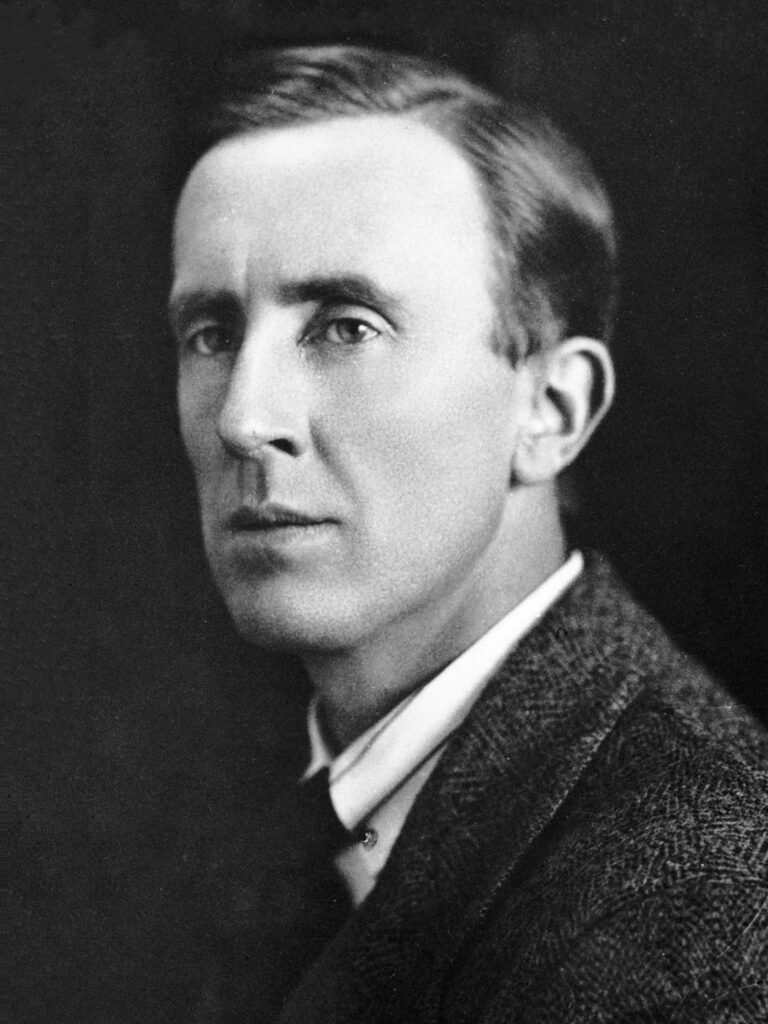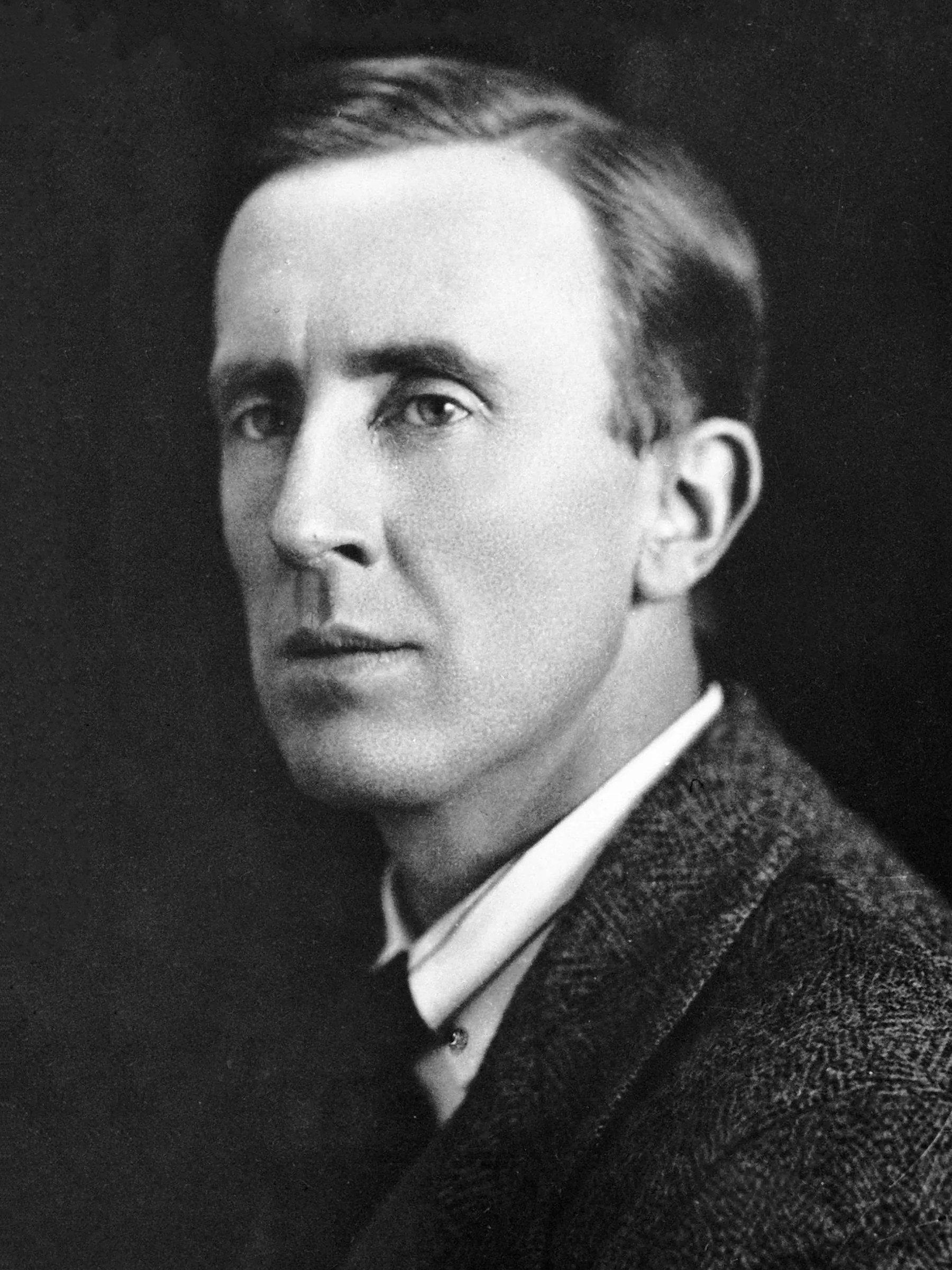
Who was J.R.R. Tolkien?
J.R.R. Tolkien, born John Ronald Reuel Tolkien, was an English writer, philologist, and academic, best known for his high-fantasy works, particularly “The Hobbit” and “The Lord of the Rings” trilogy. But who was the man behind Middle-earth’s rich tapestry of lore and legend?
What inspired Tolkien’s love for languages and mythology?
Tolkien’s fascination with languages and mythology began at an early age. Raised in the Midlands of England, he developed a deep appreciation for the English countryside and its folk tales. His mother’s conversion to Catholicism also influenced his worldview, instilling in him a sense of the profound and the mystical.
How did Tolkien’s academic career shape his writing?
As a philologist and scholar of Anglo-Saxon and Middle English literature, Tolkien delved into the ancient languages and myths that would later inform his fictional universe. His tenure at Oxford University allowed him to explore his academic interests while nurturing his creative spark.
What prompted Tolkien to create Middle-earth?
Tolkien’s experiences as a soldier in World War I profoundly influenced his imagination. Amidst the devastation of war, he sought solace in the creation of an alternate reality—a mythic realm where heroism, friendship, and the battle between good and evil held sway.
What are Tolkien’s most famous works?
Tolkien’s literary legacy is anchored by two seminal works: “The Hobbit” (1937) and “The Lord of the Rings” trilogy (1954-1955). “The Hobbit” introduces readers to the whimsical world of hobbits, dragons, and wizards, while “The Lord of the Rings” saga chronicles the epic quest to destroy the One Ring and vanquish the dark lord Sauron.
How did Tolkien’s works revolutionize the fantasy genre?
Tolkien’s meticulous world-building and attention to detail set a new standard for the fantasy genre. His creation of languages, maps, and mythologies lent an unparalleled depth and richness to his narratives, inspiring generations of writers and readers alike.
What is Tolkien’s lasting legacy?
Tolkien’s legacy extends far beyond the realm of literature. His works have been adapted into blockbuster films, video games, and countless other media, cementing his status as a cultural icon. Moreover, Tolkien’s emphasis on themes of friendship, courage, and the triumph of hope over despair continues to resonate with audiences worldwide.
Discovering Tolkien’s Imagination
In unraveling the mythos of J.R.R. Tolkien, we uncover not only the man behind Middle-earth but also the enduring power of imagination. Through his timeless tales of adventure and heroism, Tolkien invites us to embark on a journey of discovery—to explore the vast landscapes of our own imagination and to believe in the magic that lies within.
As we ponder Tolkien’s legacy, let us heed the words of Gandalf the Grey: “All we have to decide is what to do with the time that is given us.” In honoring Tolkien’s memory, may we continue to embrace the wonder of storytelling and the transformative power of imagination.
With this exploration of J.R.R. Tolkien’s life and works, we celebrate the enduring legacy of a literary titan whose influence knows no bounds.




